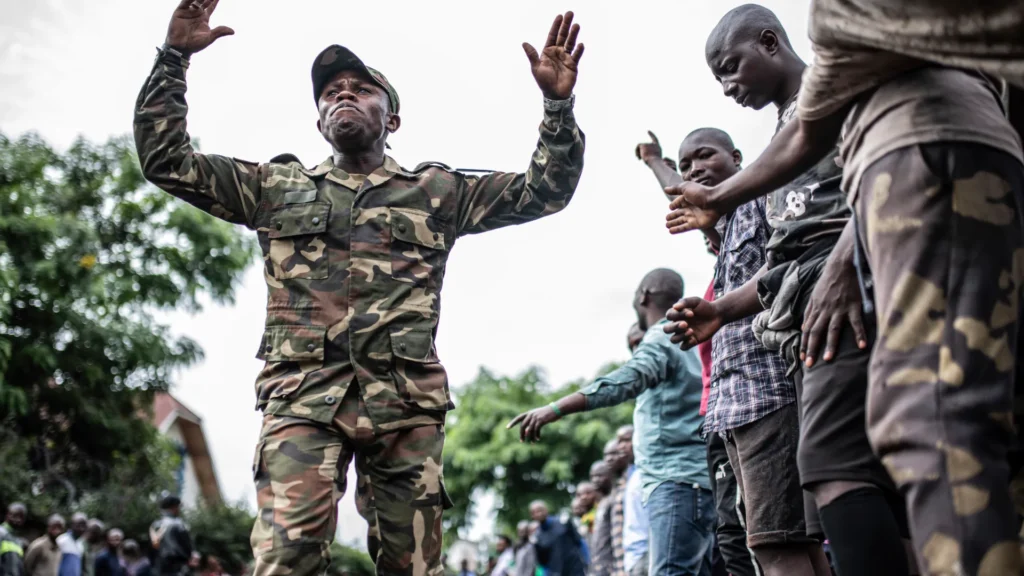The Democratic Republic of Congo (DRC) and Rwanda are working on a new deal to reform their mineral industries. The draft framework, supported by the United States and other partners, aims to increase transparency, curb illicit trade, and boost investment.
A Framework for Growth
The draft is part of a peace deal signed in Washington in June. It follows years of conflict that have cost thousands of lives in eastern Congo. The region is home to valuable resources such as gold, cobalt, tantalum, copper, and lithium.
The framework sets out plans for cooperation on mineral supply chains, energy, and infrastructure. It also covers areas like public health and national parks.
Key proposals include:
- Independent inspections of mining sites
- Cross-border special economic zones
- Adoption of global transparency standards, such as OECD guidance
The two countries plan to hold annual summits and regular technical meetings to monitor progress.
Security Challenges
Despite these plans, security concerns remain a major obstacle. Rwanda has not yet withdrawn its troops from eastern Congo. At the same time, Congolese military operations against the FDLR armed group have not started.
Talks with the Rwanda-backed M23 rebels have also stalled. Earlier this year, the rebels captured major towns and mining areas in eastern Congo.
A Congolese official recently warned that Kinshasa cannot move forward with economic cooperation while foreign troops remain on its soil.
The Road Ahead
Both countries have agreed that each has full control over its own natural resources. They also pledged to stop minerals from funding armed groups and to build stronger local processing industries.
If successful, this deal could transform the mining sector and create a more transparent system that benefits both nations and attracts global investors.

